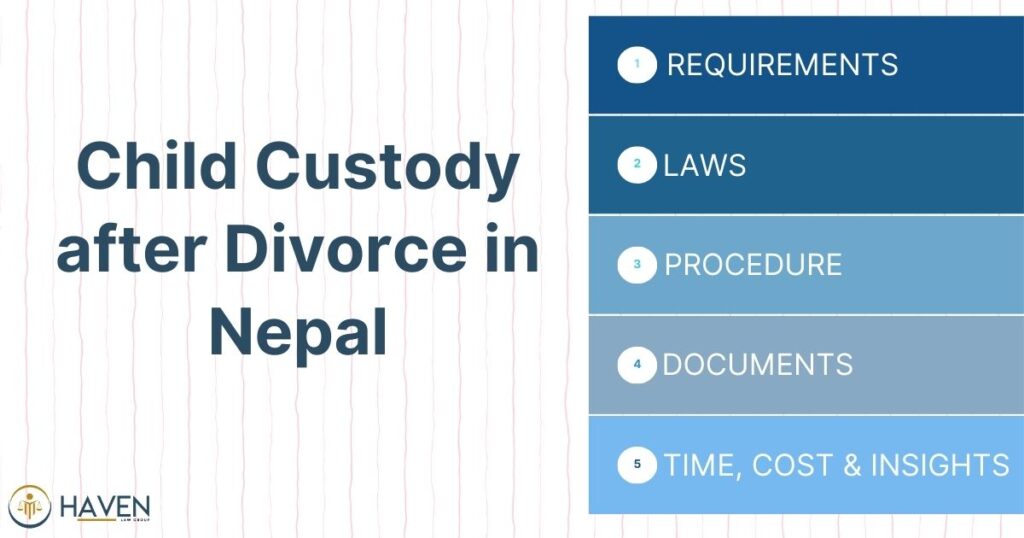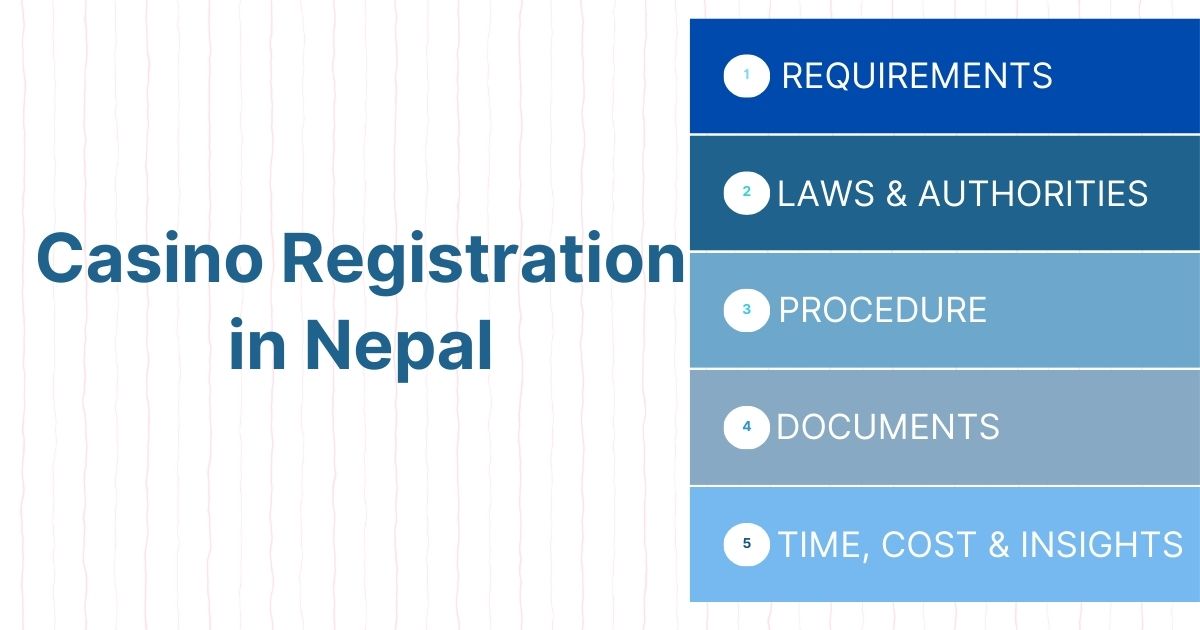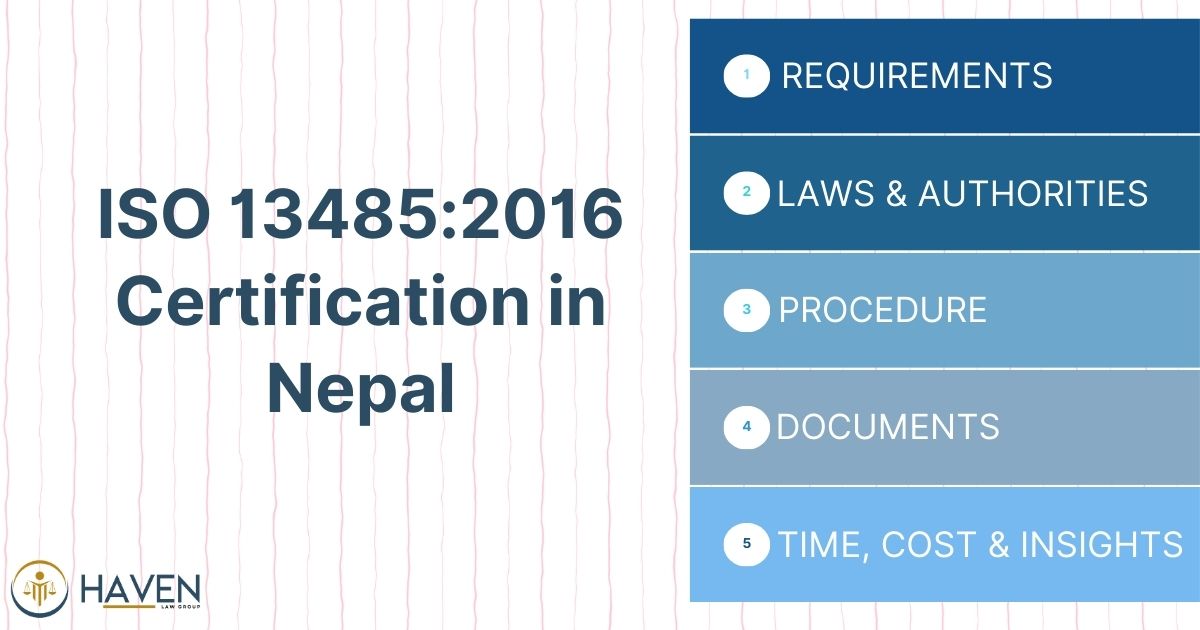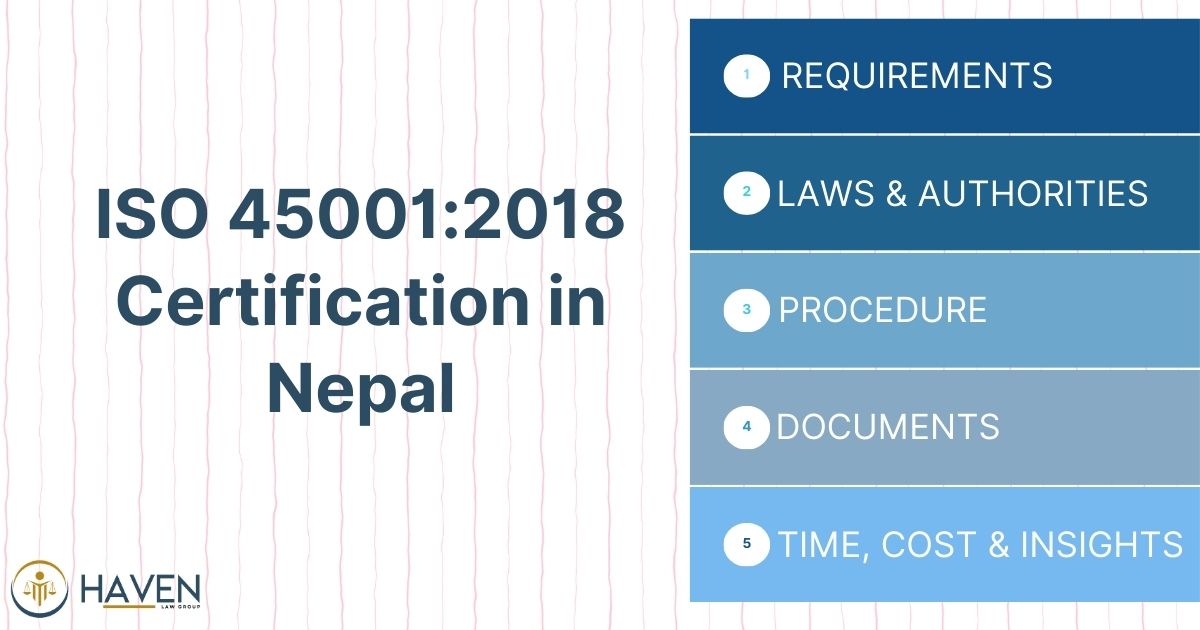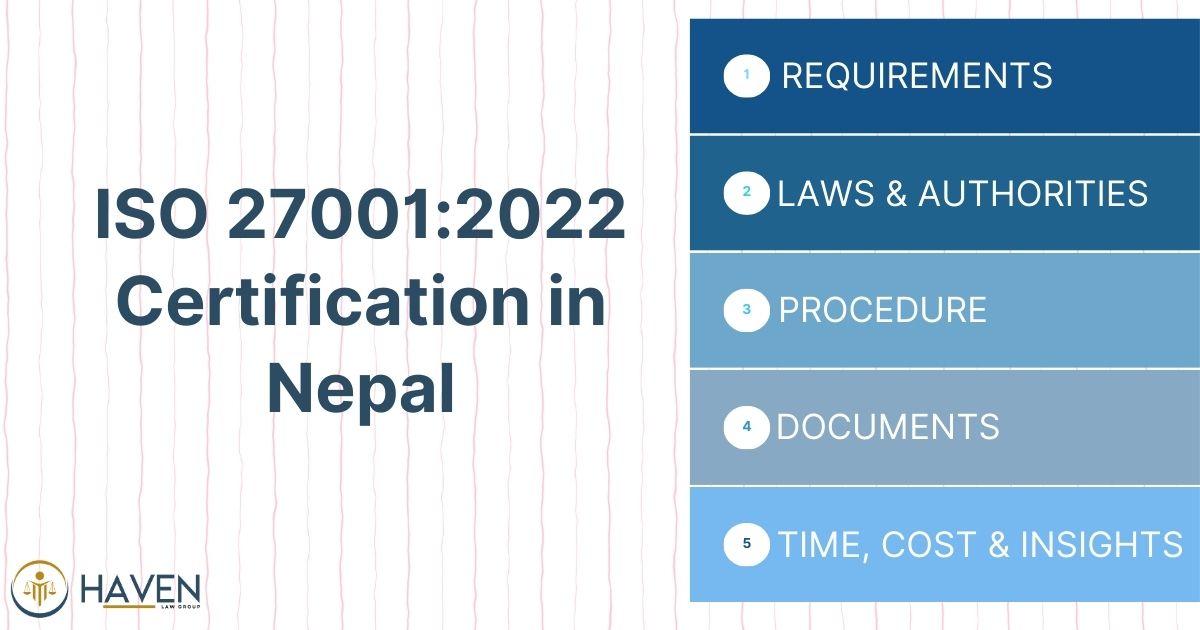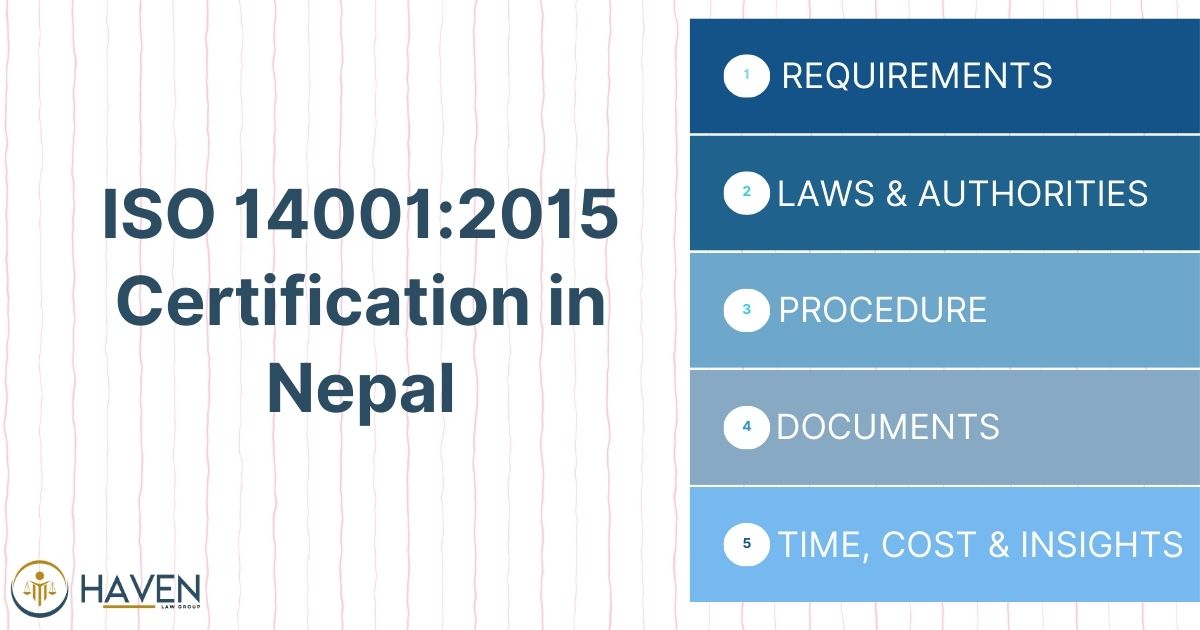How is child custody decided after divorce in Nepal?
In Nepal, child custody decisions after divorce are primarily governed by the National Civil Code 2017 (Muluki Dewani Samhita 2074). The court’s primary consideration is the best interests of the child. Factors such as the child’s age, emotional bond with each parent, financial stability, and ability to provide care are taken into account.
The court may also consider the child’s preferences, especially if they are of sufficient age and maturity. Nepali law recognizes both sole custody and joint custody arrangements, depending on the specific circumstances of each case. The court may appoint a social worker or child psychologist to assess the family situation and provide recommendations for custody arrangements.
Can the mother get child custody in Nepal?
In Nepal, mothers have a strong legal position when it comes to child custody. The National Civil Code 2017 recognizes the importance of maternal care, especially for young children. According to Section 115 of the Code, children under the age of five are generally placed in the mother’s custody unless there are compelling reasons against it.
However, this does not automatically grant mothers exclusive custody rights. The court will still consider various factors to determine the best interests of the child. Mothers seeking custody must demonstrate their ability to provide a stable and nurturing environment for the child. Factors such as the mother’s financial stability, living conditions, and emotional bond with the child are taken into account during custody proceedings.
Does the father have equal child custody rights?
Nepali law recognizes the importance of both parents in a child’s life and aims to ensure equal rights for fathers in custody matters. The National Civil Code 2017 emphasizes gender equality in parental rights and responsibilities. Fathers have the right to seek custody or visitation rights and can present their case before the court. The court will consider factors such as the father’s relationship with the child, his ability to provide care and support, and his involvement in the child’s upbringing.
While children under five are often placed with the mother, fathers can still obtain custody if they can demonstrate that it is in the child’s best interests. Fathers also have the right to be involved in important decisions regarding the child’s education, health, and overall welfare.
What factors influence child custody decisions?
Several factors influence child custody in Nepal:
- Age and gender of the child
- Emotional bond between the child and each parent
- Financial stability and ability to provide for the child
- Living conditions and home environment
- Mental and physical health of each parent
- Child’s educational needs and opportunities
- Moral character and behavior of each parent
- History of domestic violence or abuse
- Child’s preferences (if of sufficient age and maturity)
- Willingness of each parent to support the child’s relationship with the other parent
- Cultural and religious considerations
- Proximity to extended family and support systems
- Continuity and stability in the child’s life
The court weighs these factors to determine the custody arrangement that best serves the child’s interests.
Can a child choose their guardian?
In Nepal, a child’s preference regarding their guardian is considered by the court, but it is not the sole determining factor. The National Civil Code 2017 recognizes the importance of a child’s opinion in custody matters, especially as they grow older. However, the weight given to the child’s preference depends on their age, maturity, and ability to make informed decisions.
Generally, children aged 12 and above are considered capable of expressing a reasonable preference. The court may interview the child privately or appoint a child psychologist to assess the child’s wishes. It’s important to note that the child’s preference is just one of many factors considered in custody decisions. The court will still evaluate other aspects to ensure the chosen arrangement is in the child’s best interests.
Is joint child custody allowed in Nepal?
Joint child custody is recognized and allowed in Nepal under the National Civil Code 2017. This arrangement allows both parents to share responsibilities and decision-making regarding the child’s upbringing. Joint custody can take various forms:
- Physical joint custody: The child spends significant time living with both parents
- Legal joint custody: Both parents share decision-making rights for important matters
- Combination of physical and legal joint custody
The court may award joint custody if it determines that both parents are capable of cooperating and making decisions in the child’s best interests. Factors considered for joint custody include:
- Parents’ ability to communicate and cooperate
- Geographical proximity of parents’ residences
- Stability of each parent’s home environment
- Child’s relationship with both parents
- Parents’ work schedules and availability
Joint custody arrangements aim to maintain strong relationships between the child and both parents post-divorce.
What happens if neither parent wants custody?
In situations where neither parent wants custody of the child, Nepali law provides alternative solutions to ensure the child’s welfare. The court may consider the following options:
- Guardianship by relatives: Extended family members such as grandparents, aunts, or uncles may be granted custody.
- State custody: The child may be placed under the care of a government-approved children’s home or orphanage.
- Adoption: If no suitable guardian is found, the child may be placed for adoption.
- Foster care: Temporary placement with a foster family until a permanent solution is found.
The court will prioritize placing the child with relatives or family friends who can provide a stable and nurturing environment. If no suitable guardian is available, the Department of Women and Children under the Ministry of Women, Children and Senior Citizens may intervene to ensure the child’s care and protection. The child’s best interests remain the primary consideration in such cases.
How to file for custody in Nepal?
To file for custody in Nepal, follow these steps:
- Consult a lawyer specializing in family law
- Gather necessary documents (marriage certificate, child’s birth certificate, divorce papers if applicable)
- File a custody petition at the District Court with jurisdiction over your area
- Pay the required court fees
- Serve notice to the other parent or guardian
- Attend court hearings as scheduled
- Present evidence and witnesses to support your case
- Comply with any court-ordered evaluations or assessments
- Await the court’s decision
Documents required:
- Custody petition
- Marriage certificate
- Child’s birth certificate
- Divorce decree (if applicable)
- Income statements and financial documents
- Character references
- Any evidence supporting your ability to care for the child
The process can be complex, and it’s advisable to seek legal representation to navigate the proceedings effectively.
Can custody decisions be changed later?
Custody decisions in Nepal can be modified if there is a significant change in circumstances that affects the child’s best interests. The National Civil Code 2017 allows for the revision of custody arrangements when necessary. Reasons for modification may include:
- Relocation of a parent
- Changes in the child’s needs or preferences
- Significant changes in a parent’s financial situation
- Health issues of a parent or child
- Evidence of abuse or neglect
- Remarriage of a parent
- Failure to comply with the existing custody order
To modify a custody order:
- File a petition for modification at the original court
- Provide evidence of changed circumstances
- Attend court hearings
- Present arguments and evidence supporting the modification
The court will review the petition and determine if the proposed changes serve the child’s best interests. It’s important to note that frequent modifications are discouraged to maintain stability in the child’s life.
Does child support depend on custody?
In Nepal, child support and custody are interconnected but separate legal issues. The National Civil Code 2017 mandates that both parents are responsible for the financial support of their children, regardless of custody arrangements. Child support is typically determined based on:
- Income of both parents
- Number of children
- Custody arrangement (sole or joint)
- Child’s needs (education, healthcare, etc.)
- Standard of living before divorce
The parent with primary custody usually receives child support from the non-custodial parent. In joint custody arrangements, the higher-earning parent may be required to pay support to ensure the child’s needs are met in both households. The court may adjust child support amounts if there are significant changes in custody arrangements or financial circumstances. It’s important to note that failure to pay child support can result in legal consequences and may impact custody rights.
Can relatives claim custody in Nepal?
In Nepal, relatives can claim custody of a child under certain circumstances. The National Civil Code 2017 recognizes the importance of extended family in child-rearing. Relatives may seek custody in situations such as:
- Death of both parents
- Incapacity of parents due to mental or physical illness
- Abandonment by parents
- Abuse or neglect by parents
- Parents’ inability to provide proper care
Relatives who may claim custody include:
- Grandparents
- Aunts and uncles
- Adult siblings
To claim custody, relatives must:
- File a petition at the District Court
- Provide evidence of their relationship to the child
- Demonstrate their ability to care for the child
- Show that custody with them is in the child’s best interests
The court will evaluate the claim considering factors such as the child’s emotional bond with the relative, stability of the home environment, and ability to meet the child’s needs. The child’s preferences may also be considered if they are of sufficient age and maturity.
Is custody affected by a parent’s remarriage?
A parent’s remarriage can potentially affect custody arrangements in Nepal, although remarriage alone is not grounds for automatic custody modification. The National Civil Code 2017 emphasizes the child’s best interests as the primary consideration in custody decisions. Factors related to remarriage that may influence custody include:
- Impact on the child’s emotional well-being
- Relationship between the child and the new spouse
- Changes in living arrangements or financial situation
- Ability of the remarried parent to provide care and attention
- Potential step-siblings and their relationship with the child
If a parent’s remarriage significantly affects the child’s welfare, either positively or negatively, the court may consider modifying the custody arrangement. The non-remarried parent or the remarried parent can petition for a custody review. The court will assess:
- The child’s adjustment to the new family dynamic
- Any changes in the child’s needs or preferences
- The stability and suitability of the new home environment
- The impact on visitation and co-parenting arrangements
Ultimately, the court’s decision will prioritize the child’s best interests, considering all relevant factors surrounding the remarriage.
Who gets custody of a child after divorce in Nepal?
Courts typically award custody to the parent deemed most suitable for the child’s wellbeing, considering factors like financial stability, living conditions, and emotional bonds.
What are the types of child custody recognized in Nepal?
Nepal recognizes physical custody (where the child resides) and legal custody (decision-making authority). These can be sole or joint arrangements, depending on the circumstances.
Can a father get custody of a child in Nepal?
Yes, fathers can obtain custody if they demonstrate better ability to care for the child’s needs and overall welfare compared to the mother.
At what age can a child decide custody in Nepal?
Nepali law allows children aged 10 and above to express their preference regarding custody. However, the court makes the final decision based on the child’s best interests.
Is joint custody allowed in Nepal?
Yes, joint custody arrangements are permissible in Nepal. Parents can share physical and/or legal custody if deemed beneficial for the child’s upbringing.
What documents are required to file for child custody in Nepal?
Essential documents include marriage certificate, divorce decree, birth certificate, income proof, character references, and evidence of ability to care for the child.

